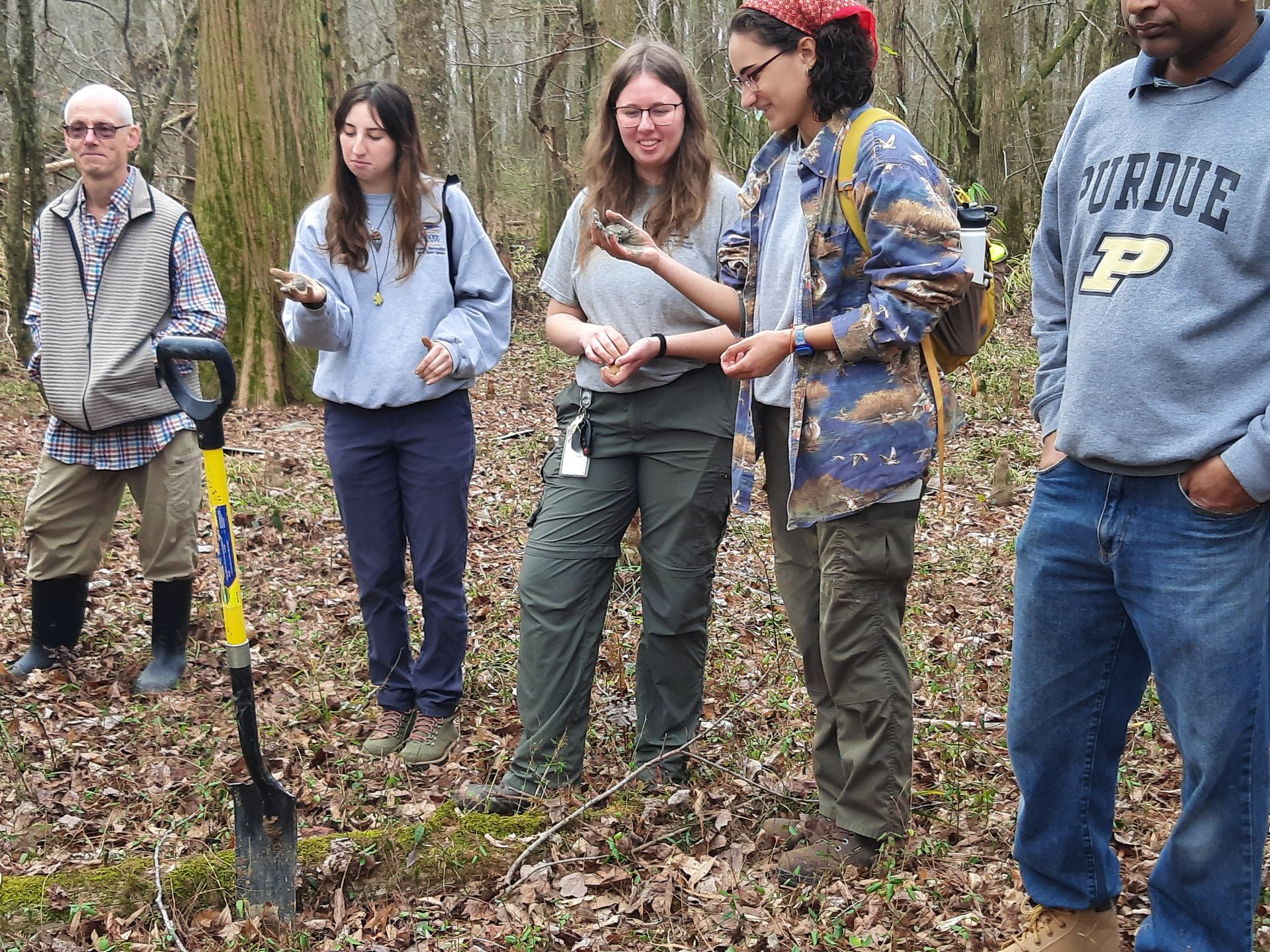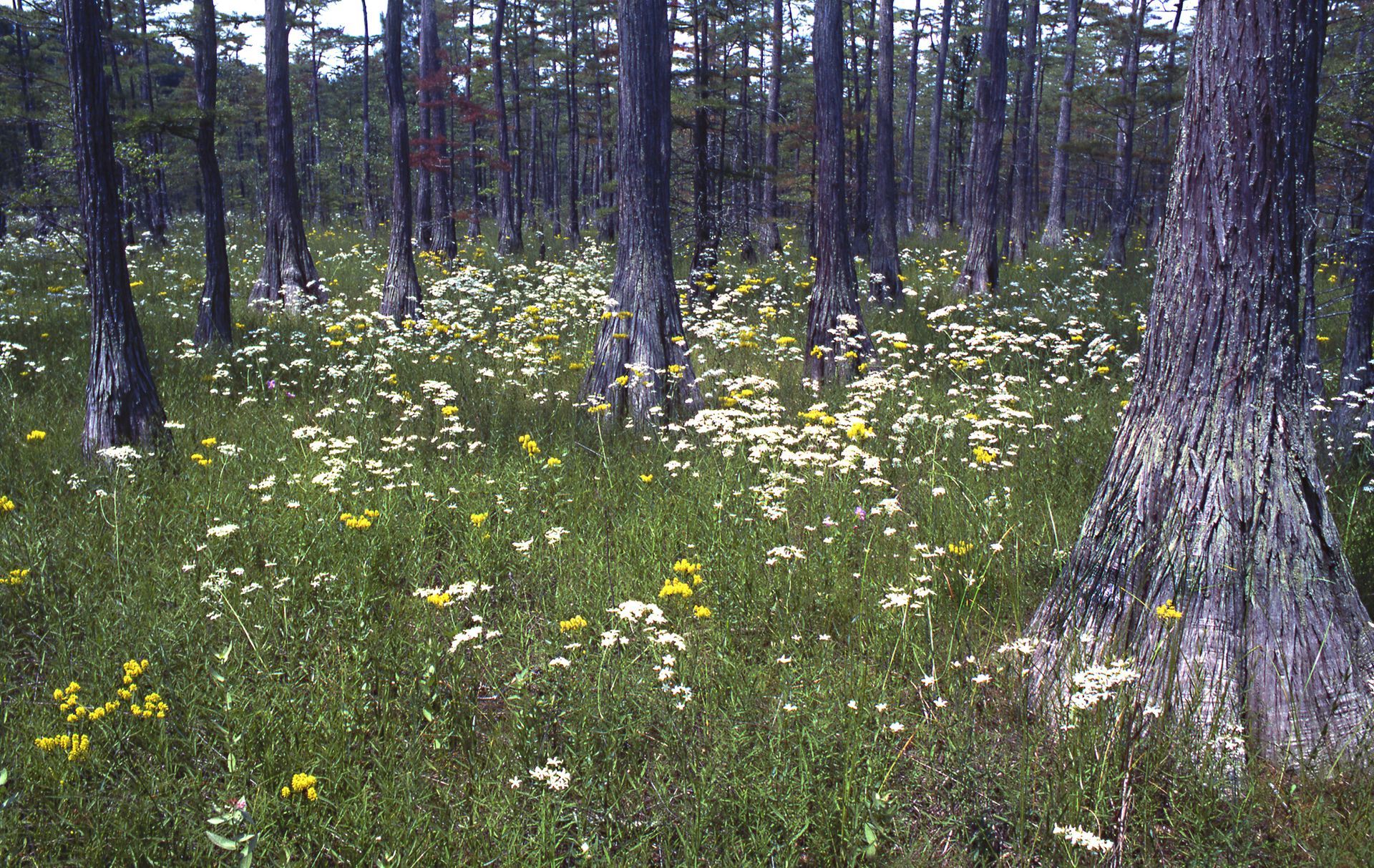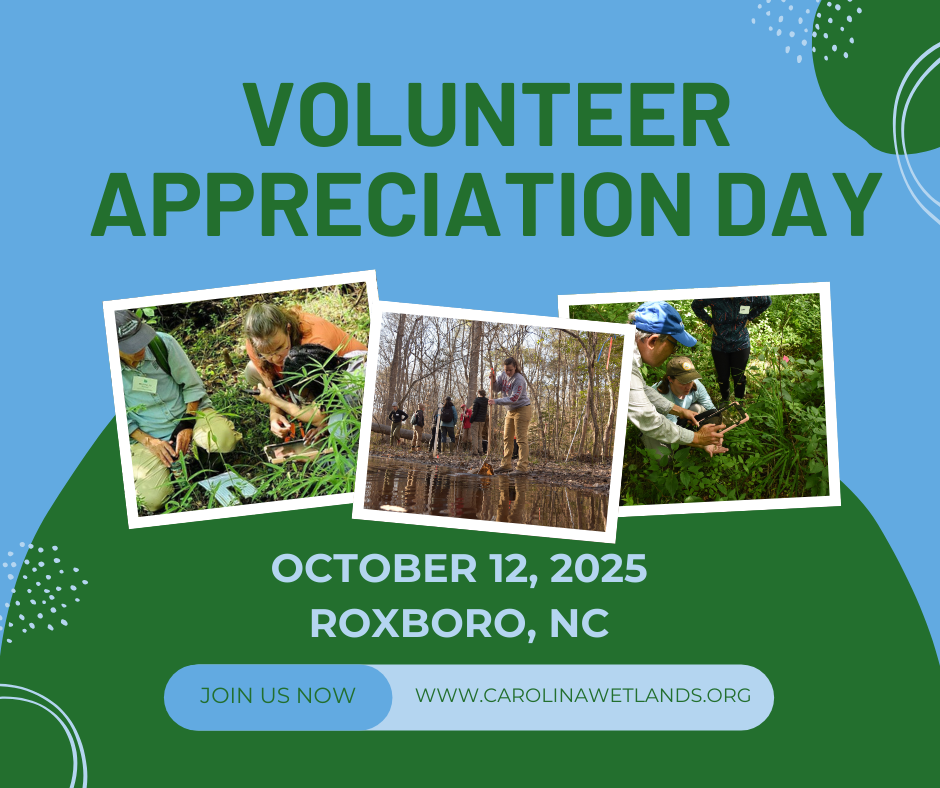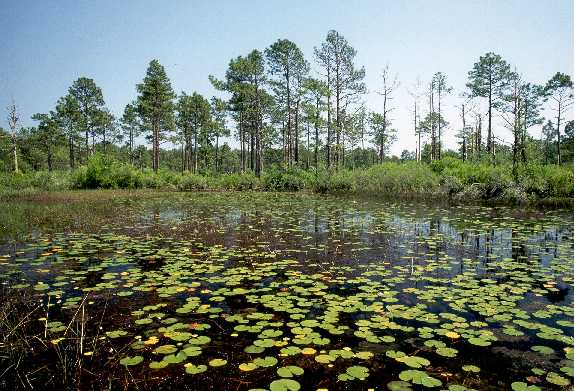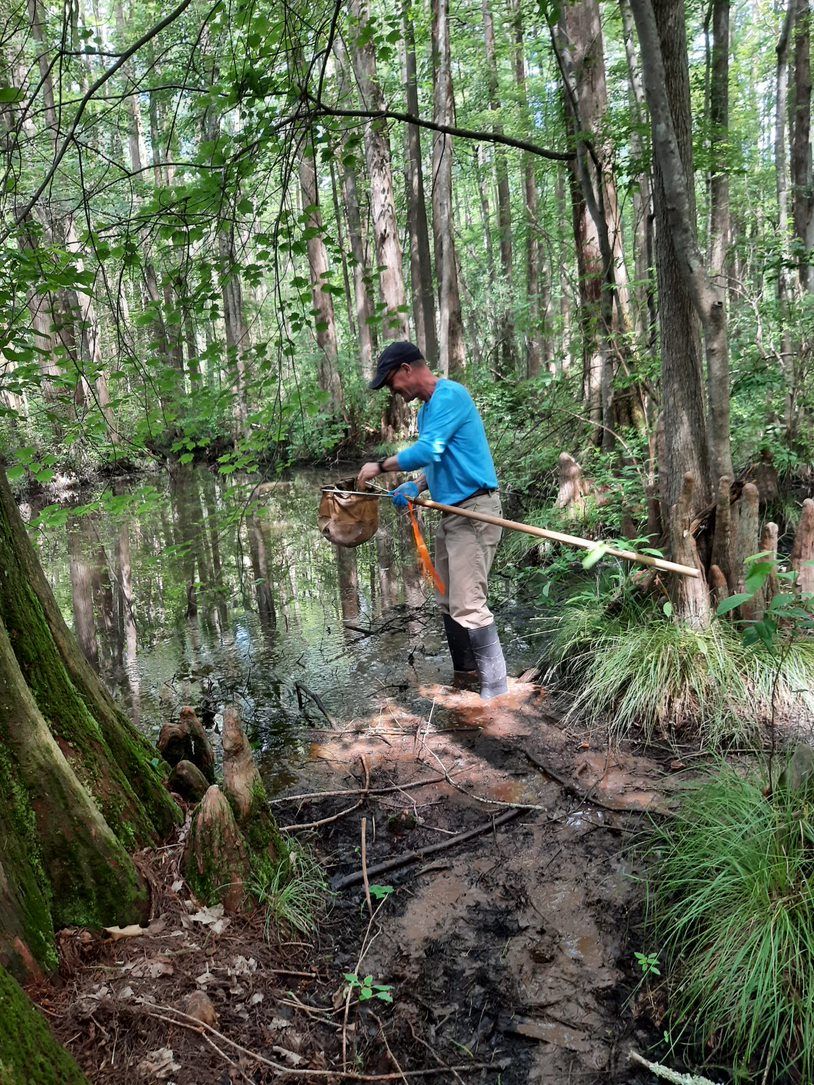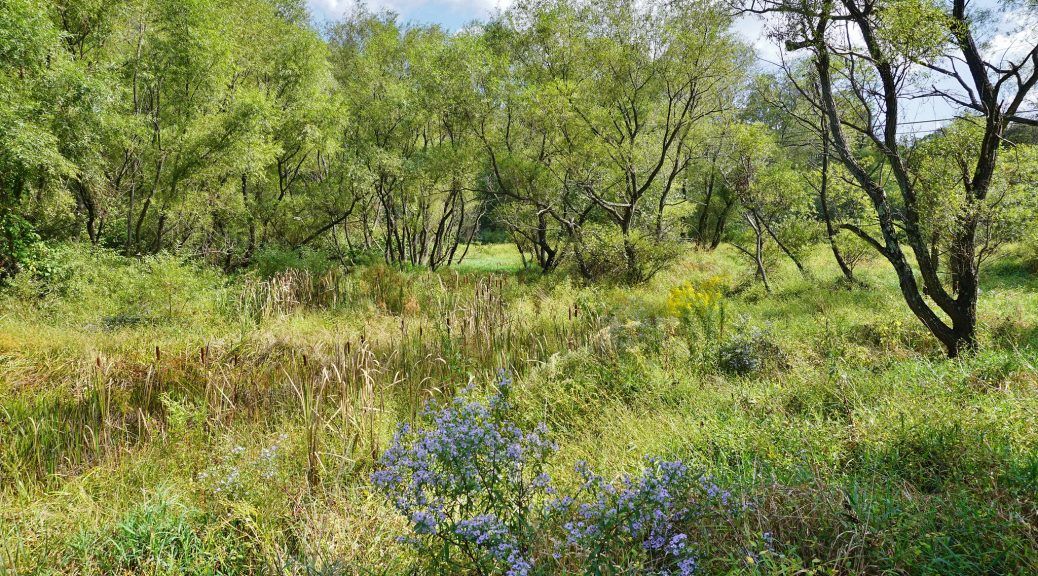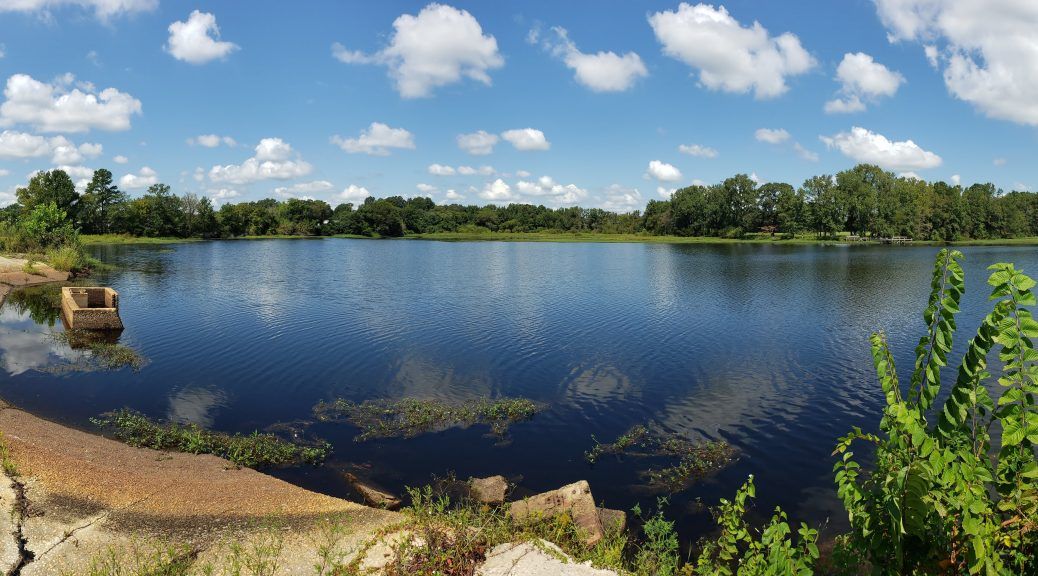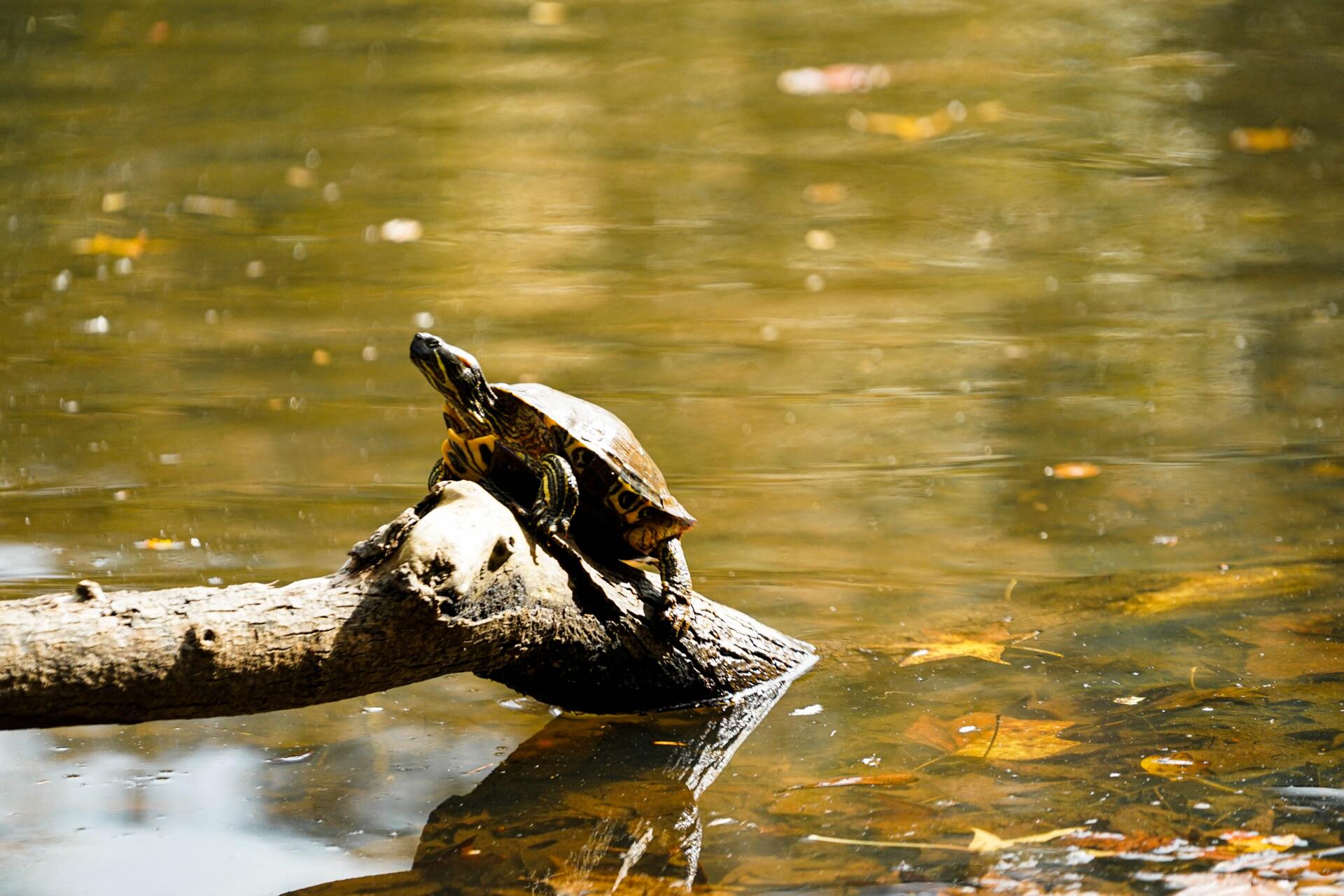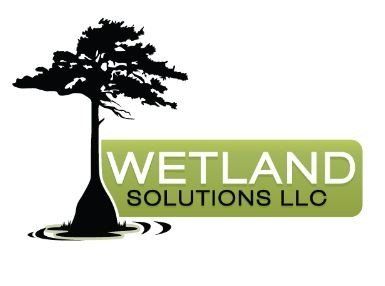A non-partisan, science- based organization advocating for wetlands in the Carolinas.
Recent News
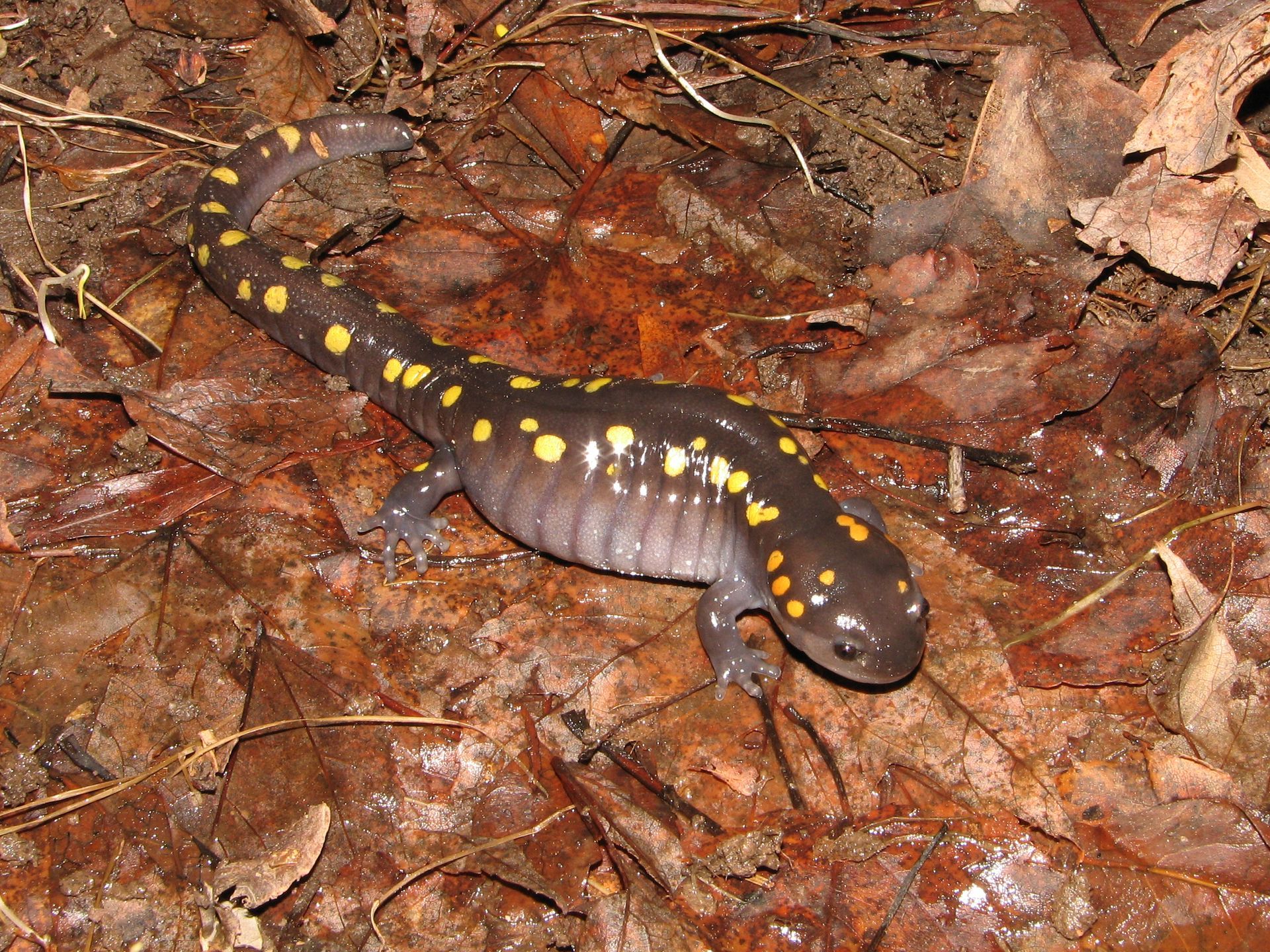
Even during the cold weather we have been experiencing this winter, wetlands are quietly at work. Beneath the surface, wetland soils remain biologically active, and plants store energy in their roots. Wetlands provide refuge and are among the first parts of the landscape to signal seasonal renewal. Early Voices of Spring: Amphibians on the Move As daylight increases and temperatures rise, one of spring’s most joyful heralds is the sound of amphibians awakening from winter slumber. In ephemeral ponds and forested swamps, the spring peeper ( Pseudacris crucifer ) announces the season with its whistle-like call. Though tiny, their choruses can carry across the land. Spotted salamanders ( Ambystoma maculatum ) and marbled salamanders ( Ambystoma opacum ) also migrate on warm, rainy nights to breed in fish-free seasonal pools.
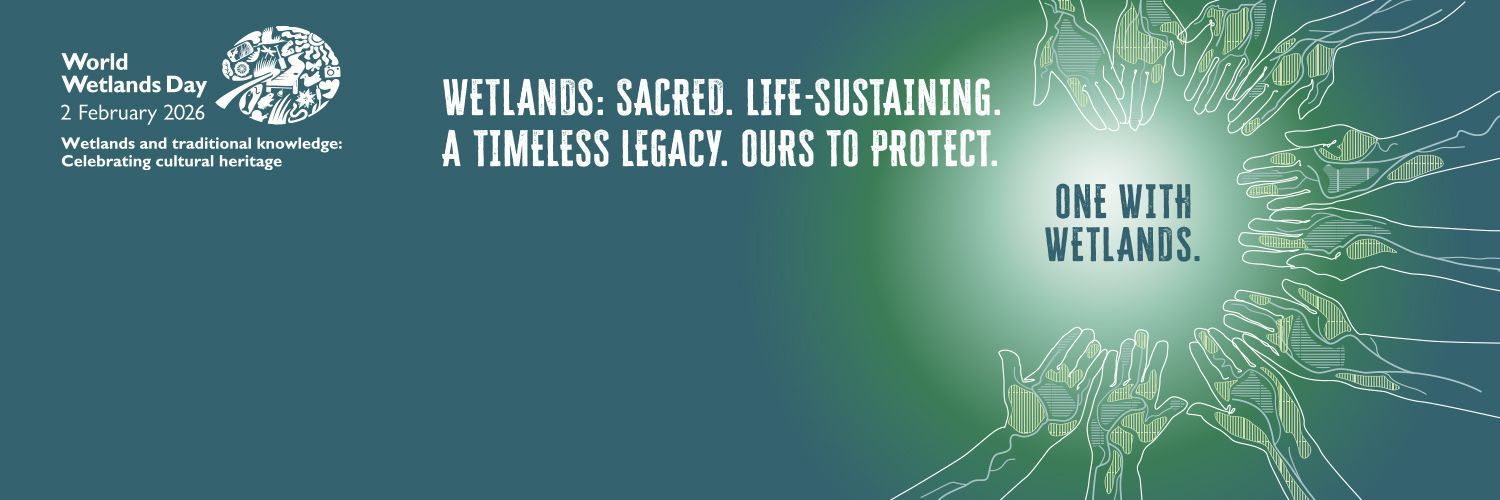
On February 2, wetland lovers across the globe come together to recognize World Wetlands Day. As we raise awareness of rapid loss and ongoing damage to wetlands, we also shine light on the dedicated teams and individuals working to conserve, protect, and share knowledge about these vital ecosystems. By supporting wetlands within our communities, we help ensure they continue to support life for generations to come.
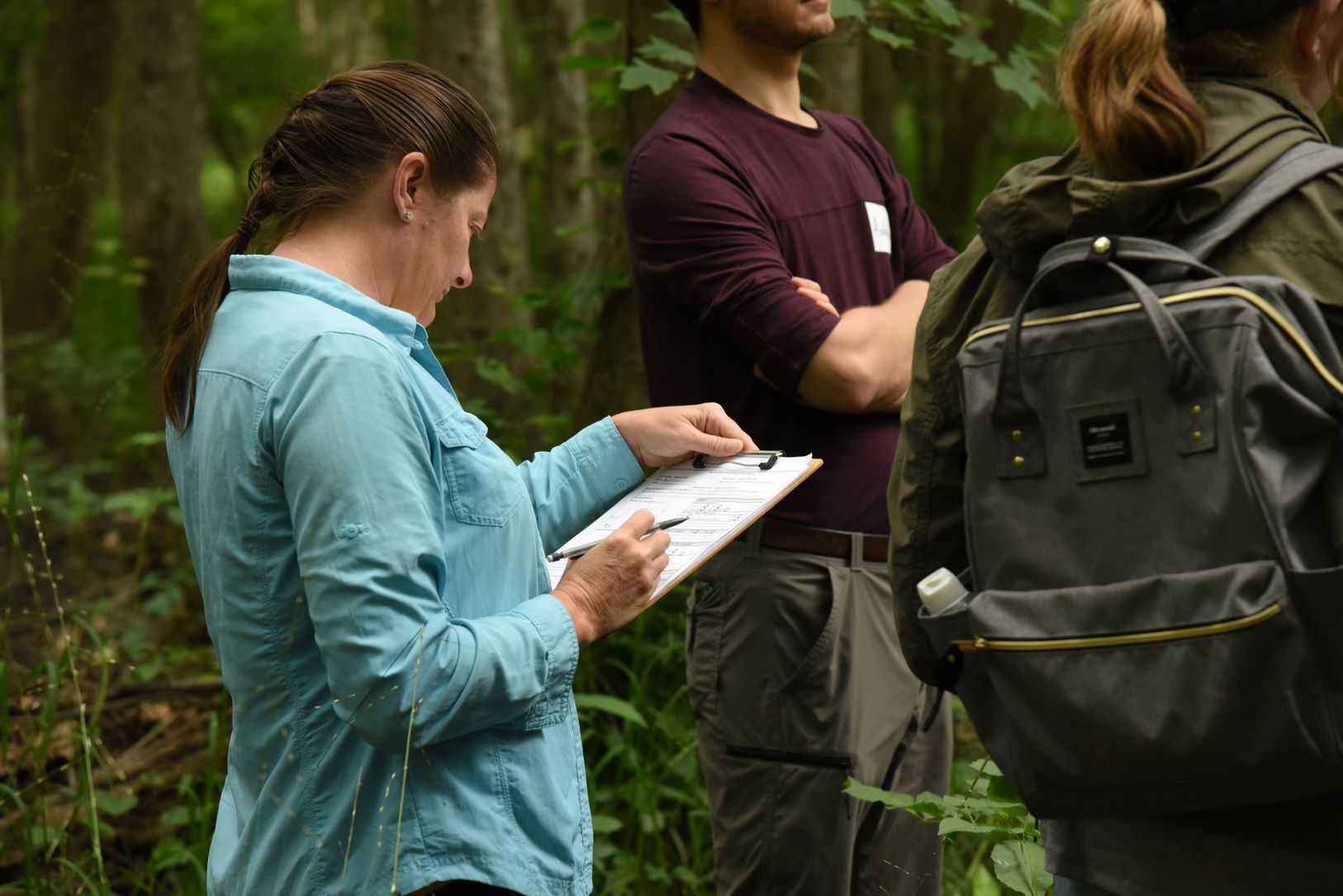
Our Piedmont Volunteer Wetland Monitoring sites — Horseshoe Farm Preserve, Hemlock Bluffs, Mason Farm, and Robertson Millpond — recently completed a productive winter monitoring season. Teams focused on hydrology and water-quality assessments, and each site used this period to train new volunteer monitoring leads.
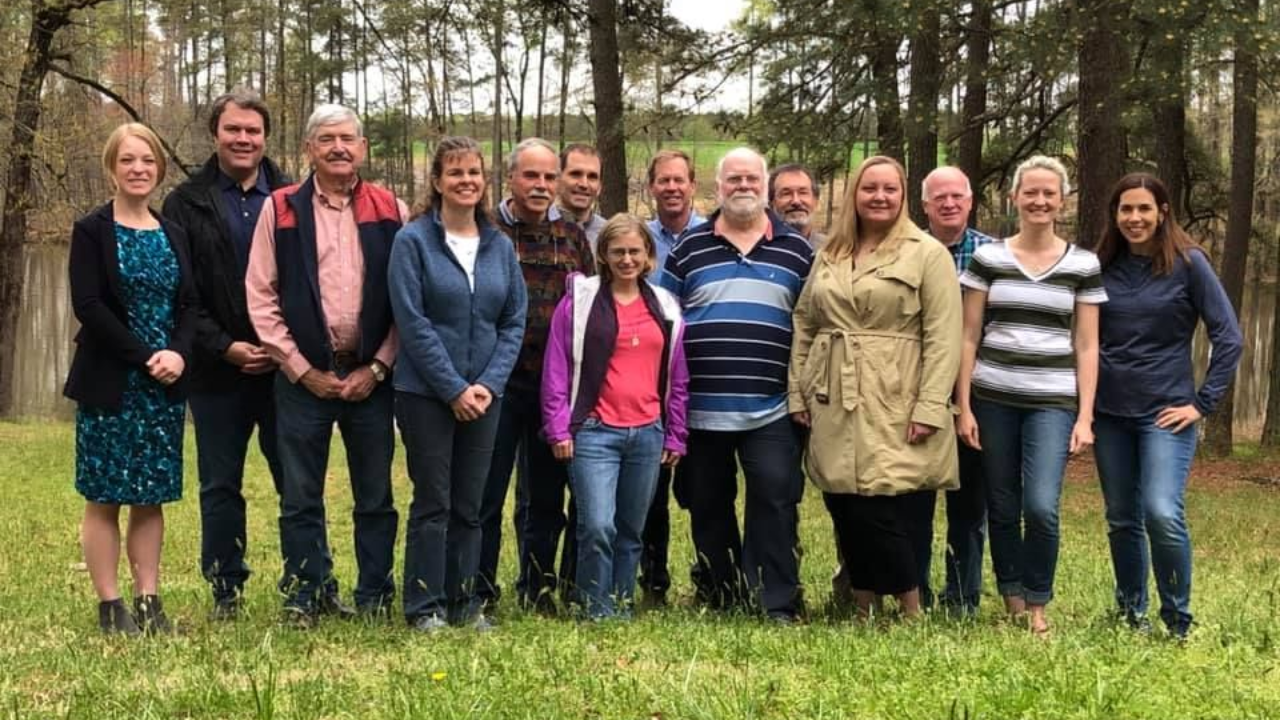
A Look Back: From Humble Beginnings to Statewide Impact It’s hard to believe how far we’ve come since that first meeting in June 2015 , when a small group of us gathered at a Starbucks on Lake Boone Trail to form our very first Board of Directors . I was elected President, with Steve Rebak as Vice President, Kristie Gianopulos as Treasurer, and John Dorney as Secretary. Our founding board also included Kim Matthews, Stratford Kay, Laura England , and others who helped shape the foundation of our organization. Ginny Baker (Daniel) and Robert Truesdale became co-chairs of the Science Committee, and later Amin Davis stepped up to lead the Program Committee. Together, we drafted our bylaws and registered as a nonprofit corporation in North Carolina. In 2016 , with the invaluable help of Chad Guthrie and the UNC School of Law , we achieved our 501(c)(3) tax-exempt status — a huge step in establishing ourselves as a recognized nonprofit. Growing Our Reach Our early years focused on building visibility and partnerships. I met with leaders across environmental and conservation organizations, and we participated in countless community and environmental events. With Laura England’s leadership, we launched the Wetland Treasures of the Carolinas Program , which has become our flagship initiative — celebrating 36 Wetland Treasures to date (23 in North Carolina and 13 in South Carolina). Expanding Our Mission In 2019 , we took a bold leap by applying for our first EPA Wetlands Program Grant in partnership with NC State University and RTI International . This effort led to the creation of a Volunteer Wetlands Monitoring Program , which became a model for restoring the state’s wetlands monitoring efforts. Building on that success, a second EPA grant in 2024 allowed us to expand into Hendersonville, NC , Horry County, SC , and Columbia, SC — broadening our network and community engagement. We’re now seeking a third grant to continue this important work. Supporting Vulnerable Communities Our mission has also grown to include working with vulnerable and flood-prone communities along our coastal rivers. Through collaboration with the North Carolina Office of Resilience, Working and Natural Lands initiatives, and Executive Order 305, we’ve focused on using natural infrastructure to reduce flooding and restore ecosystems. Thanks to support from the North Carolina Land and Water Fund , we’ve completed flood mitigation planning in Harnett County (Dunn, NC) on Stony Run , and are thrilled to have received a new grant to begin restoration work there. We’ve also received funding to: Assess flooding at Parker Creek (Pitt County) in a historically underserved community, Work with the Lumbee Tribe to restore wetlands near their Cultural Center, and Collaborate with the Bucksport community — with support from Defenders of Wildlife , the Betterment of Bucksport , and two Duke Accelerator grants — to address flooding linked to increased development. Looking Ahead We’ve come a long way in ten years, but there’s still much to do. Grants make much of our work possible, but they don’t cover everything. We rely on the generosity of our supporters and volunteers to help us sustain and grow our programs. Please consider celebrating this milestone with a donation — large or small — to help keep our mission thriving for the next decade and beyond. Join us on November 16th to celebrate our journey, reconnect with old friends, and look forward to the future of wetlands conservation together. Thank you for being part of our story, Rick Savage Executive Director Carolina Wetlands Association

Join Our 10-Year Anniversary Celebration! We are incredibly proud of all we’ve accomplished together over the last decade, and we can’t wait to celebrate this anniversary with the entire Carolina wetlands community. From advocating for critical policies to advancing wetland science and engaging thousands of volunteers and supporters, our work is only possible because of your dedication. 10 Years of Impact: Our Guiding Mission Since the beginning, Carolina Wetlands Association has been driven by a set of core principles that guide our work across four key program areas: Outreach: Promoting widespread understanding of and engagement in wetlands. Advocacy: Encouraging policies and programs that promote wetland conservation and protection. Science: Encouraging the advancement of wetland science and practices. Sustainability: Ensuring a viable organization for the long term to protect, promote, and restore wetlands. Whether it’s protecting our saltmarshes as nature’s climate protectors (a topic we explore in depth in our recent white paper ) or coordinating hundreds of volunteers to monitor wetlands, our commitment remains the same: protecting and preserving the vital wetlands of the Carolinas. Mark Your Calendar: Sunday November 16th Join us for a relaxed and festive evening to toast a decade of wetland conservation, education, and advocacy! Enjoy local brews, connect with fellow supporters, and celebrate the incredible impact we’ve made together. Whether you've been with us from the start or are just getting involved, we'd love to see you there! Date: Sunday, November 16, 2025 Location: Hi Wire Brewing Company, Address: 800 Taylor St #9-150, Durham, NC 27701 [ Directions ] Time: 2:00 PM – 5:00 PM We look forward to celebrating this incredible milestone with you and kicking off the next decade of protecting the Carolina Wetlands!
Our work is organized into the following program areas
Outreach
Promoting widespread understanding of and engagement in wetlands.
Advocacy
Encouraging policies and programs that promote wetland conservation and protection.
Science
Encouraging the advancement of wetland science and practices.
Sustainability
Ensuring a long-term, viable organization to protect, promote, and restore wetlands.
